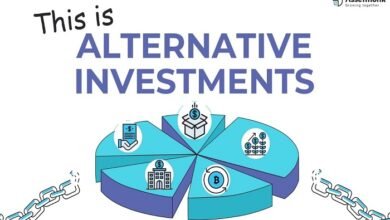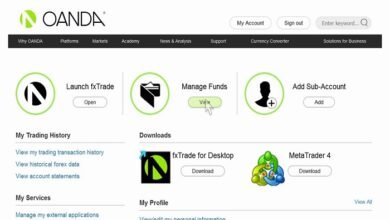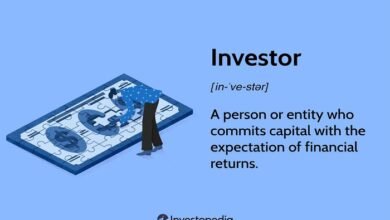The Comprehensive Guide to Mastering Your Financial Health

Introduction
In today’s rapidly changing economic landscape, having a firm grasp on your financial matters is more crucial than ever. Whether you’re planning for retirement, saving for a big purchase, or simply trying to make ends meet, understanding the basics of financial management can lead to better decision-making and increased financial security.
Your Financial Landscape
Before making any significant financial decisions, it’s essential to assess your current financial situation. This includes evaluating your income, debts, expenses, and financial goals. By establishing a clear overview, you can make informed decisions that align with your long-term objectives.
Budgeting Basics
Budgeting is the cornerstone of sound financial management. Learn how to create a budget that not only reflects your current financial situation but also allows for flexibility to accommodate unexpected expenses. Effective budgeting can help you avoid debt and save for future goals.
Building an Emergency Fund
An emergency fund is a financial safety net designed to cover unexpected expenses, such as medical bills, home repairs, or job loss. We’ll discuss how much you should save and the best practices for building and maintaining this crucial fund.
Managing Debt Wisely
Debt can be a useful tool if managed wisely, but it can also be a significant barrier to financial freedom. Explore strategies for managing and reducing debt, including consolidation options, prioritization of payments, and negotiation techniques with creditors.
Investing for the Future
Investing is a powerful way to grow your wealth over time. We’ll cover the basics of investing, including different types of investment vehicles, risk assessment, and how to create a diversified investment portfolio that matches your financial goals and risk tolerance.
Credit Scores and Reports
Your credit score is a critical component of your financial health, influencing your ability to borrow money and secure favorable interest rates. Learn how credit scores are calculated, what factors impact your score, and how to improve and maintain a good credit rating.
Effective Tax Planning
Tax planning is an often overlooked aspect of financial planning that can save you money and prevent future headaches. This section will provide tips on how to optimize your tax situation and take advantage of available tax benefits and deductions.
Planning for Retirement
Retirement planning is essential, regardless of your age. We will discuss how to estimate the amount of money you’ll need, the best retirement savings plans available, and how to maximize your contributions to achieve a comfortable retirement.
Insurance: Protecting Your Assets
Insurance is a crucial element of a comprehensive financial plan. From health to auto, and life insurance, understand the types of insurance available and how they protect you and your assets from unforeseen circumstances.
Financial Education and Resources
Continuously educating yourself about financial matters is the key to long-term success. We’ll recommend books, courses, and websites that offer valuable insights and tools for managing your financial life more effectively.
Conclusion
Mastering your financial health isn’t just about making more money—it’s about making smarter decisions with the resources you have. By taking proactive steps today, such as budgeting, investing, and planning for emergencies, you can secure your financial future and build a stable, prosperous life.
FAQs
1. How often should I review my financial plan?
Ideally, review your financial plan at least annually or whenever there is a significant change in your financial situation, such as a new job, marriage, or the purchase of a home.
2. What is the best way to improve my credit score?
Improving your credit score involves paying your bills on time, reducing your debt levels, and checking your credit reports for inaccuracies.
3. How much should I save in my emergency fund?
It’s recommended to save between three to six months’ worth of living expenses in your emergency fund.
4. Is it too late to start investing for retirement?
It’s never too late to start investing for retirement. Even if you start later in life, there are investment strategies that can help you grow your savings.
5. What should I do if I’m struggling with debt?
If you’re struggling with debt, consider speaking with a financial advisor or credit counselor who can help you develop a plan to manage and reduce your debt.





